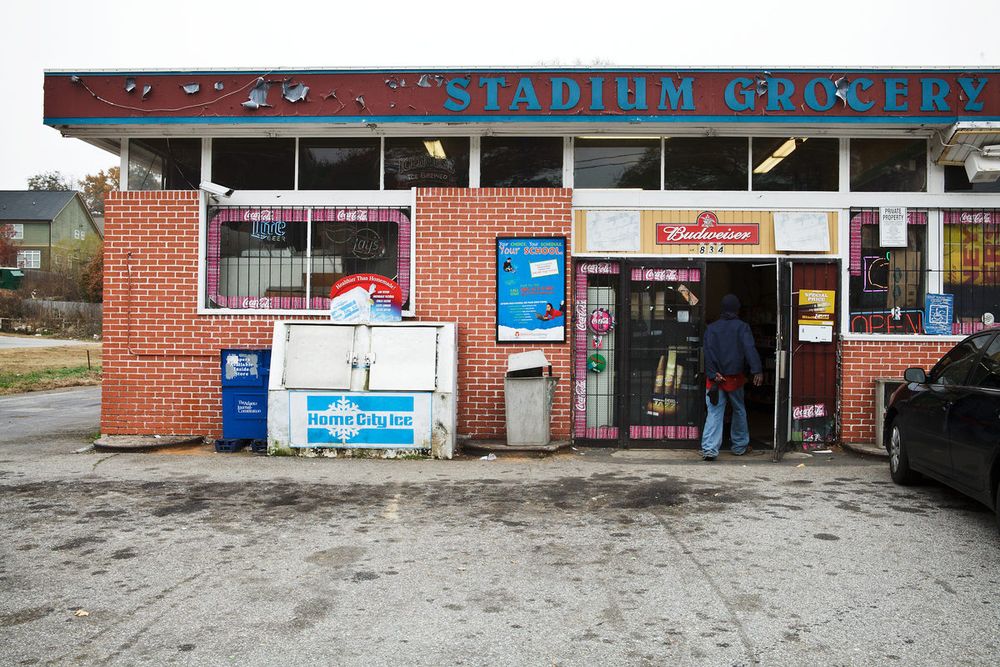
By: Jackson Garner
While testifying to the House Government Reform Committee in 2005, Major League Baseball Player Rafael Palmeiro famously pointed his finger to the full Committee and told them he had never taken steroids. Just five months later in August of that same year, Palmeiro was suspended ten games for using performance-enhancing drugs, or steroids. This was just the beginning to opening the first dark chapter to a seemingly never-ending Ayn Rand novel about drug abuse not only in baseball, but sports in general.
Palmeiro’s former teammate Alex Rodriguez, known as A-Rod, is now caught up in an even larger steroid scandal. Not only does Major League Baseball have evidence of failed drug tests, they allegedly possess proof that he conspired to cover up the investigation into his actions. MLB commissioner Bud Selig handed down a 211 game suspension just last week, the longest ever for steroids to the baseball player with the most lucrative contract in baseball history. This is not the first time he has been caught up in the world of steroids. A-Rod admitted to taking PEDs for three years between the 2001 and 2003 seasons, but was not suspended because there was no drug suspension policy.
Transitioning from professional sports to the private and public workplaces, we find a different standard for drug policies. Public employees are generally subjected to less stringent drug testing, while it is usually left to the discretion of management in the private sector which can vary. Just like professional athletes, workers might want to gain an edge in their productivity. Abuse of amphetamine, an illegal stimulant that increases energy and reduces fatigue, has risen by 26% since 2011 in the workplace. While professional athletes are represented by Players’ Unions that negotiate consequences with leagues for failed drug tests, there are discrepancies across the board for workers.
For example, if Joe Blow fails a drug test while working for Company A, he is subject to a gamut of punishment depending on the company. Some might send an employee to rehabilitation for their first failed drug test, other employees might be suspended without pay. While these are normal punishments that both professional athletes and normal citizens face for the first offence, the penalties start to differ after that. If a Major League Baseball Players fail a second drug test, they will most likely be suspended for 50 games, as mandated by League rules. However, if an employee (from janitor to professor) violates the University of Georgia’s drug policy for the second time, they will be fired and subject to civil penalties.
Professional athletes lose tens, hundreds, and even millions of dollars if they miss some of the season. A-Rod will at least lose millions from his $275 million dollar contract when he begins his suspension, but will that really make a dent in his checkbook after numerous endorsement deals and his previous contract worth $250 million dollars? If you are like me and born without superstar athletic skills (still waiting on that call from Coach Richt), then you probably face tougher sanctions than your typical athlete when it comes to drug testing.
I get it – athletes bring franchises money and citizens excitement. But should athletes that are looked up to by hundreds of fans across the world and paid big money be held to a different standard than others? The good news is that the culture of professional sports is changing and so are the policies that regulate them. Many players are condemning violations by their colleagues while leagues are starting to put teeth into punishment, like a lifetime ban, that will hopefully deter players from making bad decisions and encourage them to set a positive example.

